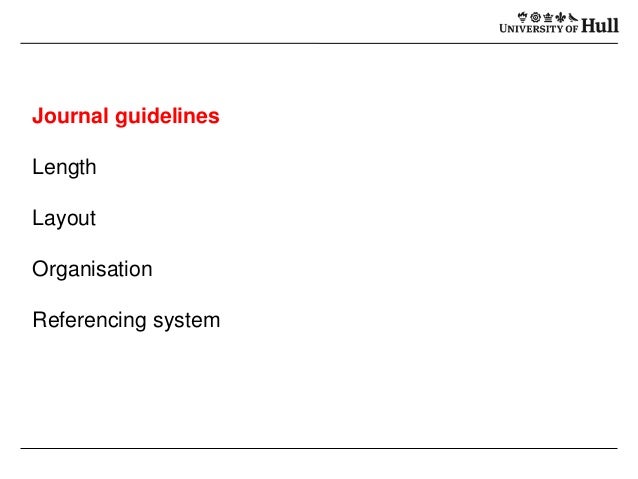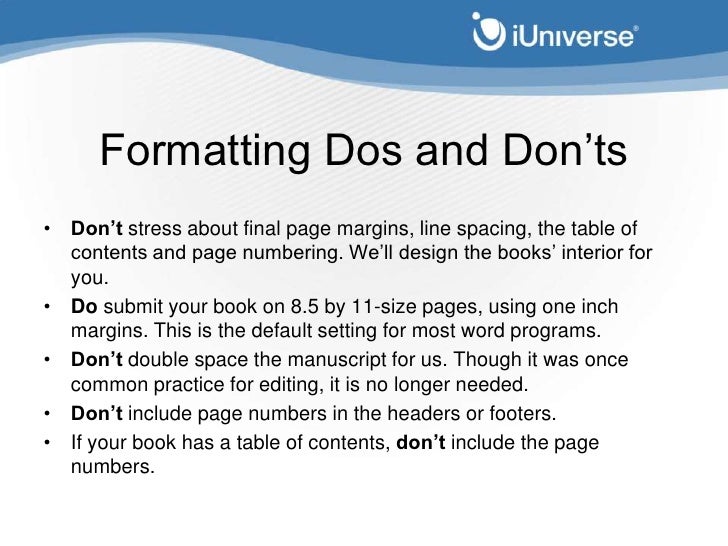

However, we can look at this as a series of questions.

Trying to narrow down exactly what developmental editing looks at is difficult, because each manuscript requires different things. For the sake of your stories, you need to developmentally edit your manuscripts. If your story fails to deliver, for whatever reason, if the narrative throws the reader right out of the story at the wrong point, then your reader will focus on that typo and any other error they can find. However, regardless of the name you give it, in essence, developmental editing is the act of rewriting and reshaping our manuscripts.ĭevelopmental editing is likely the most important phase of editing, simply because a reader is more forgiving of the odd typo or grammatical error if the story is gripping and captures the imagination. Editors who specialize in this phase of editing can't agree on terms. There are many different names given to various aspects of developmental editing.īuzz words go in and out of fashion as editors attempt to drum up more business. As we become more confident within our writing, as we get more feedback from others, we will make changes, rewrite sections and reshape our stories. The Who, What and When of Editing Editing Stage 1: Developmental Editingĭevelopmental editing is probably the most complicated phase of editing, yet, most writers will developmentally edit their manuscripts to some level instinctively. The stages of editing are the same for both traditional and self-publication, it's just the players that may change. The who and the when will depend entirely on what stage your manuscript is at. However, during the different editing phases, it's vital for every writer to seek out those extra sets of eyes to provide objective input. The initial drafting of a story is a solitary practice. and proofreading, which occurs after a manuscript is typeset for publication, looking for any errors that were either missed or introduced during the typesetting process.Įach stage is necessary for the production of a publishable book.copyediting, with the line-edits and of course famous punctuation-and-grammar concept.developmental, which encompasses the rewriting process and critiques.However, editing is so much more.Įditing falls into three main categories: Many writers, especially new writers, also make this assumption. I don't get this reaction from just the general public either. When I tell people that I'm a freelance editor, it's quite common for people to assume that I spend my days just looking at spelling, punctuation, and grammar.


 0 kommentar(er)
0 kommentar(er)
